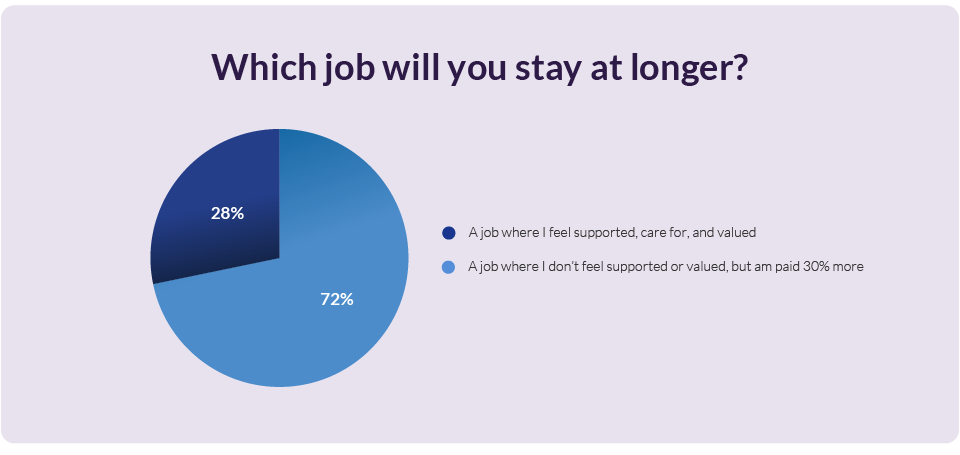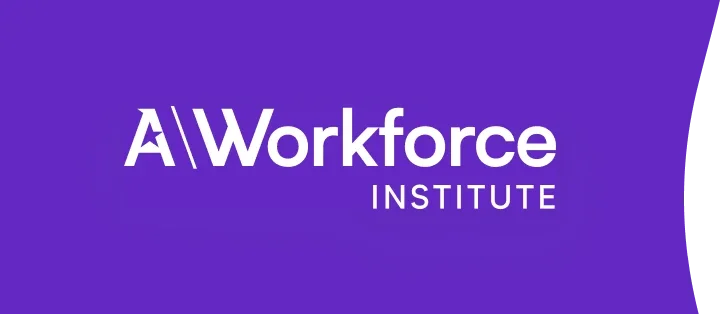Motivate beyond money: Investing in employees’ emotional salary

This resource is brought to you by:
Topics Covered:
Attracting and retaining talent
Employee engagement
Rewards and recognition
Is emotional salary the new key to employee loyalty?
While salary still matters, it’s not the only thing that keeps employees engaged. Once people earn enough to meet their needs, they start looking for more — like a strong company culture, meaningful work, and a sense of belonging. The truth is, a paycheck alone won’t do it. Employees are looking for fulfillment beyond money, and those who invest in emotional salary see the best results in engagement and retention.
Ready to keep your team happy and loyal? It’s time to rethink your approach.
Emotional salary helps companies retain top talent
Retaining top talent doesn’t always require the highest pay. What matters more is making employees feel truly valued. By investing in emotional salary — factors like recognition, meaningful feedback, and a strong culture —you create an environment where employees want to do their best work.

Boost employee retention with emotional salary
Want to retain top talent without breaking the bank? It’s all about emotional salary — the factors that make employees feel valued beyond their paycheck. Discover the key drivers that influence employee satisfaction and loyalty, including:
- The five factors that increase emotional salary
- How recognition and culture play a crucial role
- Low-cost ways to boost engagement and morale
- Why employees value feeling cared for more than salary
Ready to transform your approach and keep your best talent? Download Motivate beyond money: Investing in employees’ emotional salary and learn about the strategies that drive successful business results.

Join our mailing list
Stay up to date with the latest in workforce science from Achievers Workforce Institute.